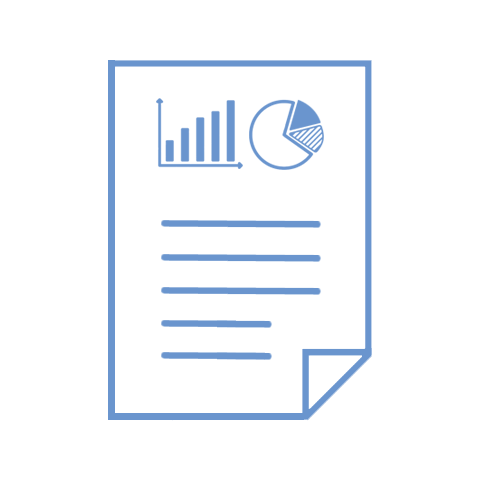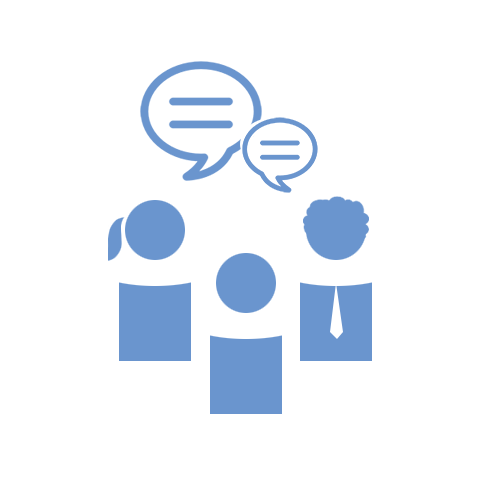
Hey!
Life is short, so let’s get to it!
Have a good month,
The EA Newsletter Team
Articles and Community Posts
The student-run Oxford Prioritization Project wrapped up their cause prioritization research, quantitatively modeling the four remaining charities in their shortlist.
Animal Charity Evaluators makes predictions on the timelines of developing cost-effective clean (“cultured”) meat, while Scott Weathers, Sophie Hermanns and Mark Bittman have published a New York Times op-ed on the threats posed by factory farming. You can read their open letter on industrial animal farming here.
Interested in smaller changes? Community member Georgia Ray gives a meditative discussion about the ethics of eating honey, while Scott Alexander suggests that paying for bail of poor suspects may be a surprisingly effective way to reduce first-world suffering.
Max Dalton, on behalf of the Centre for Effective Altruism, explores funding gaps, room for funding and diminishing returns here and here.
Vox interviews Paul Hawken who “maps, measures, models” and ranks the top 100 solutions to climate change available with current technology.

Timeless Classics
Perhaps the single most popular introduction to effective altruism in the mainstream media is this heartfelt essay in The Atlantic, where journalist Derek Thompson carefully considers how he can achieve “the greatest good” with his donations.
Many members of the effective altruism community worry about potential risks of advanced artificial intelligence. Tim Urban from the popular blog Wait But Why discusses the benefits and risks of the AI revolution in exquisite detail.
Fortunately, wanting to achieve positive large-scale change does not necessarily preclude small ways for individuals to make a difference. Peter Hurford’s 2014 essay What Small Things Can An EA Do? is still surprisingly relevant.
Spotlight: How Graduation Programs Reduce Poverty
“How can we help poor people move out of extreme poverty?” One seemingly obvious way is the approach of GiveDirectly: Unconditional Cash Transfers, aka just give people money, trusting that poor people know more about their own needs than donors and development specialists from far away.
Another approach is direct capacity building: buying public goods like education and public health with high returns, so that poor people are more able to move themselves out of extreme poverty. A third approach might be through expert policymaking: encouraging local, national and international (inter-)governmental institutions to adopt policies more favorable to the poor.
But another interesting approach on the continuum is the graduation approach, which “provides a small up-front infusion of cash to address immediate needs followed by training to build long-term skills and business capabilities.” The Life You Can Save’s Climbing Toward Hope: How Graduation Programs Help People Rise From Extreme Poverty introduces this intervention and its multifaceted approach, and discusses both the promises and downsides.
PS: For those interested in cash transfers, have a look a this recent article by two GiveDirectly co-founders on what kind of research is needed to make cash transfer programs even more effective.

Updates from EA Organizations
.impact and SHIC
.impact and SHIC have joined forces under the new brand “Rethink Charity”. This change also applies to LEAN: The Local Effective Altruism Network. Executive Director Tee Barnett explains the development here.
80,000 Hours
80k had their biggest day of traffic ever, reaching 47,000 users with this article on evidence-based ways to be more successful. They also announced the receipt of a $1,125 million grant from the Open Philanthropy Project.
Centre for Effective Altruism
CEA published a blog post about their current priorities to provide some insight into why the focus on particular projects, their assumptions, and plans for the year. This weekend EA Global Boston will take place. Applications are now open for EA Global London (3-5 November) as well as San Francisco (11-13 August).
Foundational Research Institute
Caspar Oesterheld gave a talk on multiverse-wide cooperation via correlated decision-making, an idea that may be a crucial consideration with far-reaching implications for cause prioritization.
Future of Humanity Institute
FHI has now joined the Partnership on AI, the leading AI industry group alongside Google, DeepMind, Facebook and others, in order to work with them on safety in AI. Toby Ord is looking for a research assistant to help him prepare a book on existential risk.
__GiveWell __
GiveWell described why it is partnering with IDinsight in GiveWell's work to grow the pipeline of potential future top charities and improve its understanding of its top charities. IDinsight is exploring cataract surgery and fistula surgery organizations as part of this partnership.
Machine Intelligence Research Institute
MIRI Executive Director Nate Soares gave a Google talk on “ensuring that smarter-than-human intelligence has a positive outcome,” available in video and blog formats.
Open Philanthropy Project
The Open Philanthropy Project announced two malaria control grants in May: It granted $17,500,000 to Target Malaria over four years to support the development of and preparation for potential gene drive technologies to help eliminate malaria in Sub-Saharan Africa, and $1,214,437 to the CDC Foundation for research on gene drives for malaria control.

Jobs
Make sure to check out 80,000 Hours' jobs board!
- Various jobs at CEA, incl. Development Manager, Research Assistant and Growth Hacker
- Intern at Charity Entrepreneurship
- Various jobs at GiveWell, incl. Research Analyst and Controller
- Director of Operations and Grants Associate at the Open Philanthropy Project
- Field Manager at New Incentives
Announcements
The Center for Applied Rationality (CFAR) is having a workshop near Seattle next week (7-11 June). There are a few spots left, so apply today!
Charity Entrepreneurship is starting an internship program for those who want to incubate their own charities, particularly people with an interest in direct impact in global health.
Effective Altruism Netherlands had its launch event on 28 May. They organize and support EA projects. An EA Forum article on the new organization will be out this month.

Go forth and do the most good!
Let us know how you liked this edition and how we can improve further.
If you’re interested in past editions of this newsletter, here is the full archive
Get Involved in Effective Altruism
The Effective Altruism Newsletter is a joint project between the Centre for Effective Altruism, and .impact.
This is an archived version of the EA Newsletter sent to 41,477 subscribers on June 2, 2017.
To see the full archives, click here.


